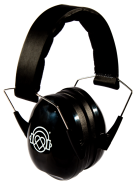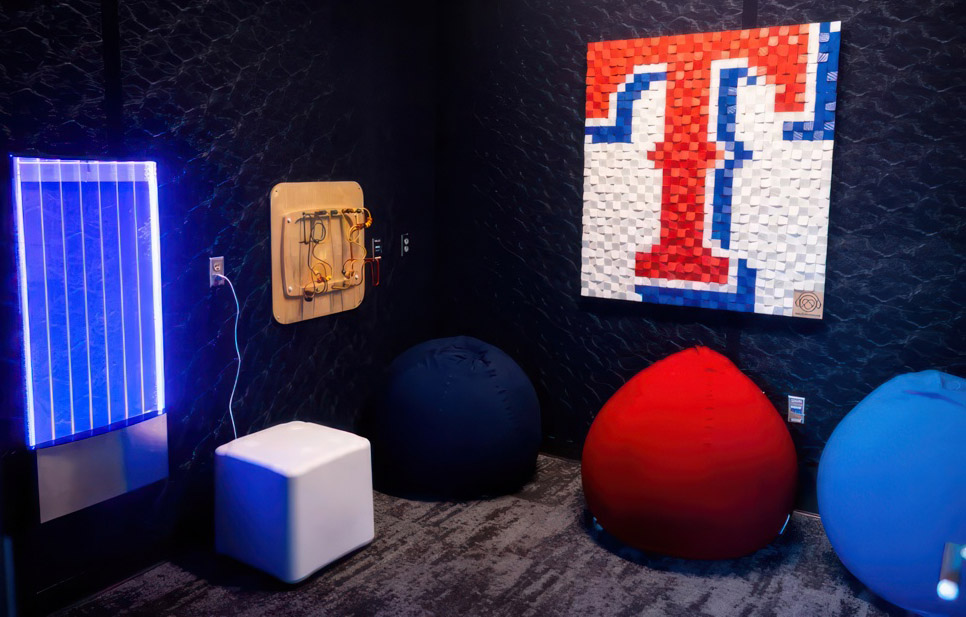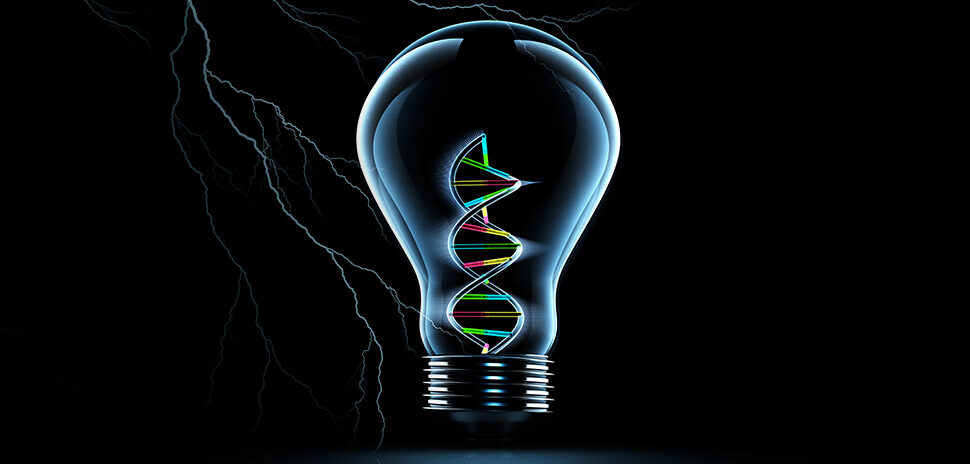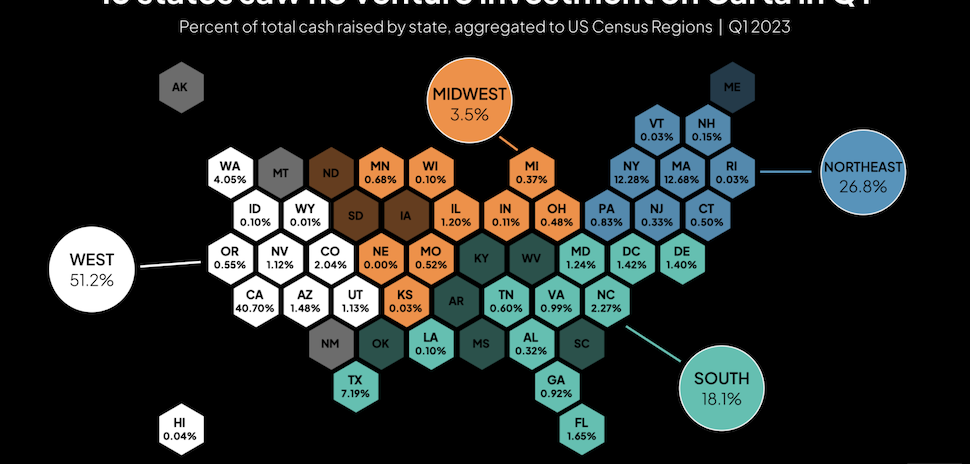The Texas Rangers swept the Chicago White Sox today behind the winning arm of their new pitcher and future Hall of Famer, Max Scherzer. It was yet another exciting day at Globe Life Field in a season marked by sellouts for the AL West-leading team. But for some fans, all those big cheering crowds can be a bit too thrilling.
The Rangers have a fix for that—a “sensory room” located just inside the park’s southwest entrance.
The room offers “a safe and quiet area where guests can decompress if they’re starting to feel overwhelmed or overstimulated,” the team says on its website.
Bean bag chairs, soothing lights, fidget boards, and more
Recently refreshed, the room is designed to dampen distant roars and bat cracks with carpeted walls and floors and acoustic enhancements. Bean bag chairs, soothing color-changing lights, and wall-mounted boards with distracting finger-fidget play are just some of the things that make the sensory room a safe refuge for overwhelmed fans of any age.
Fans can gain access to the sensory room by contacting the ballpark’s guest services team.
“A member of our team will escort them to the sensory room, or we can have a member of the guest services team meet the guest at the sensory room,” the Rangers say on their website. “Guests can use the sensory room for as long as they need it and a guest services team member will wait outside the room to help if needed.”
‘Sensory bags’ include noise-cancelling headphones
 The Texas Rangers also partner with KultureCity to offer “sensory bags,” which contain noise-cancelling headphones, fidget toys, and a “feeling thermometer.”
The Texas Rangers also partner with KultureCity to offer “sensory bags,” which contain noise-cancelling headphones, fidget toys, and a “feeling thermometer.”
Cleaned between uses, the bags are available at the ballpark’s guest services location on the main Globe Life concourse behind section 101.
‘One in four of us has a sensory need’
Uma Srivastava, executive director of the sensory accessibility nonprofit KultureCity, told KRLD the room provides “a space for folks to step away, decompress, reset for 10 to 15 minutes, and then go back out to the environment that they were at.”
“Studies now show that one in four of us has a sensory need, whether it’s autism, anxiety, PTSD, dementia, Parkinson’s,” Srivastava told KRLD.
![]()
Get on the list.
Dallas Innovates, every day.
Sign up to keep your eye on what’s new and next in Dallas-Fort Worth, every day.






























